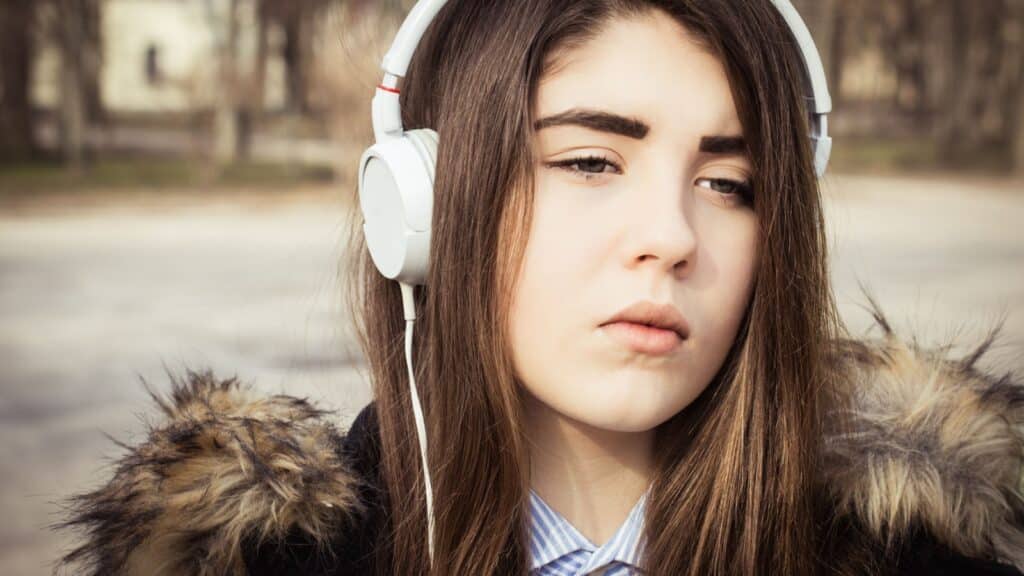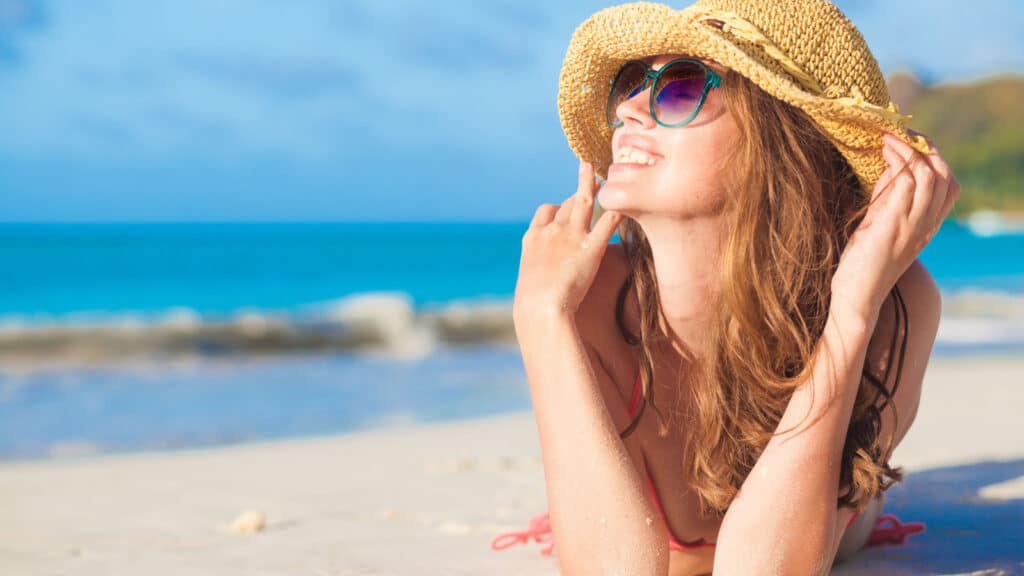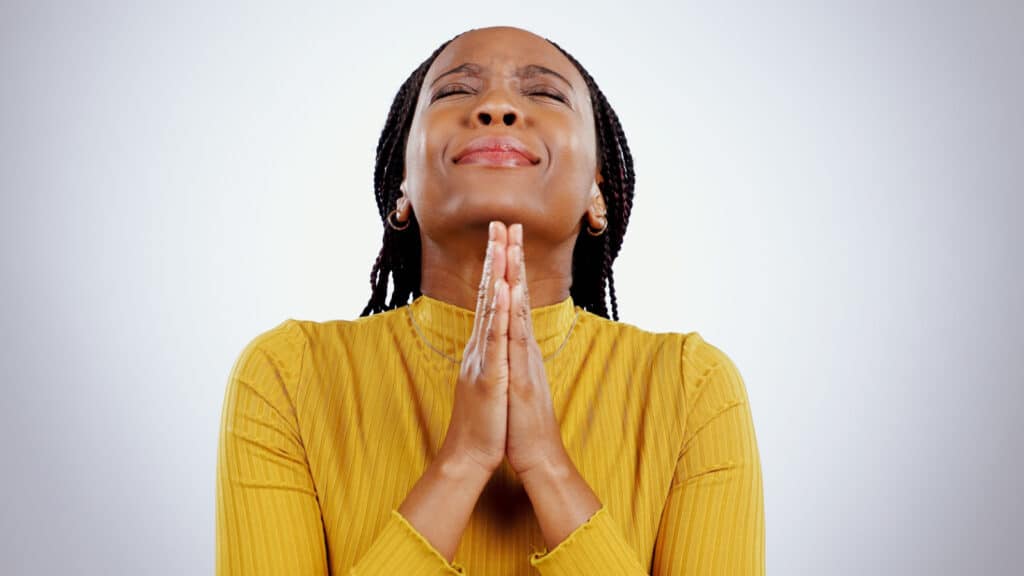
Relapse Prevention Plan
Includes 20+ beautiful pages to practice and document your own successes. Complete with medication and recovery meetings trackers. A (value of $12) FREE for you today!
Digitally Editable Printable
Featured Articles
31 Powerful Journaling Prompts for Recovery from Addiction
Journaling is a liberating practice that is good for your mental health. It allows you to work through emotions, thoughts, …
How to Tell if Your Loved One is Demonstrating Signs of Opiate Abuse
There are many different signs of opiate abuse. These indicators include physical, behavioral, financial, and spiritual tells. The physical dependence …
7 Remarkable Benefits of Prayer Journaling in Recovery
One of the most significant resources in my recovery toolbox is prayer journaling. It’s a powerful way to spend quiet …
10 Significant Things I Learned About Life in Active Heroin Addiction
Between the stunted mental and emotional growth of early-age substance abuse and the general naiveness of the world around me, …
Health & Wellness

10 Significant Things Damaging Kid’s Mental Health Today
Today’s kids have it so much more complicated in many ways than we ever did. Between knowing everything because of the computer in their pockets …

10 Tips to Help Get You Out of Bed in the Morning
As someone who coexists with clinical depression on top of other cognitive disabilities, I know better than to judge anyone who cannot get out of …

15 Common Poor Life Choices That Seriously Complicate Life
Bad decisions are a part of growth in life. However, some poor life decisions can create significant issues for you and those around you. Here …

12 Difficult Types of People You Need to Learn to Deal With in Life
Is there a person type that gets underneath you’re skin. You’re not alone. There are several types of people who are difficult to deal with …
Spiritual

Do Our Loved Ones in Heaven Remember Us? 2 Experiences That Prove They Do
Do our loved ones in heaven remember us? Do you believe that deceased loved ones can communicate with you after they’ve passed? I’ve seen shows …

Modern-Day Miracles: Seeing God on Sunset Beach
Have you ever witnessed or experienced modern-day miracles? A magical moment with God that filled you with faith and hope physically buzzing throughout your entire …

God Made Himself Real to Me in Walmart 16 Years Ago — Do You Believe?
Do you believe in God? I do. I realize that many people do not. Some of them will judge me for sharing God’s stories. Others …

1 Immediately Answered Prayer That Proves God Is Real
God is real, and yes, he’s good! Now, I know we aren’t supposed to pray to God like he’s some sort of magic genie, but …








